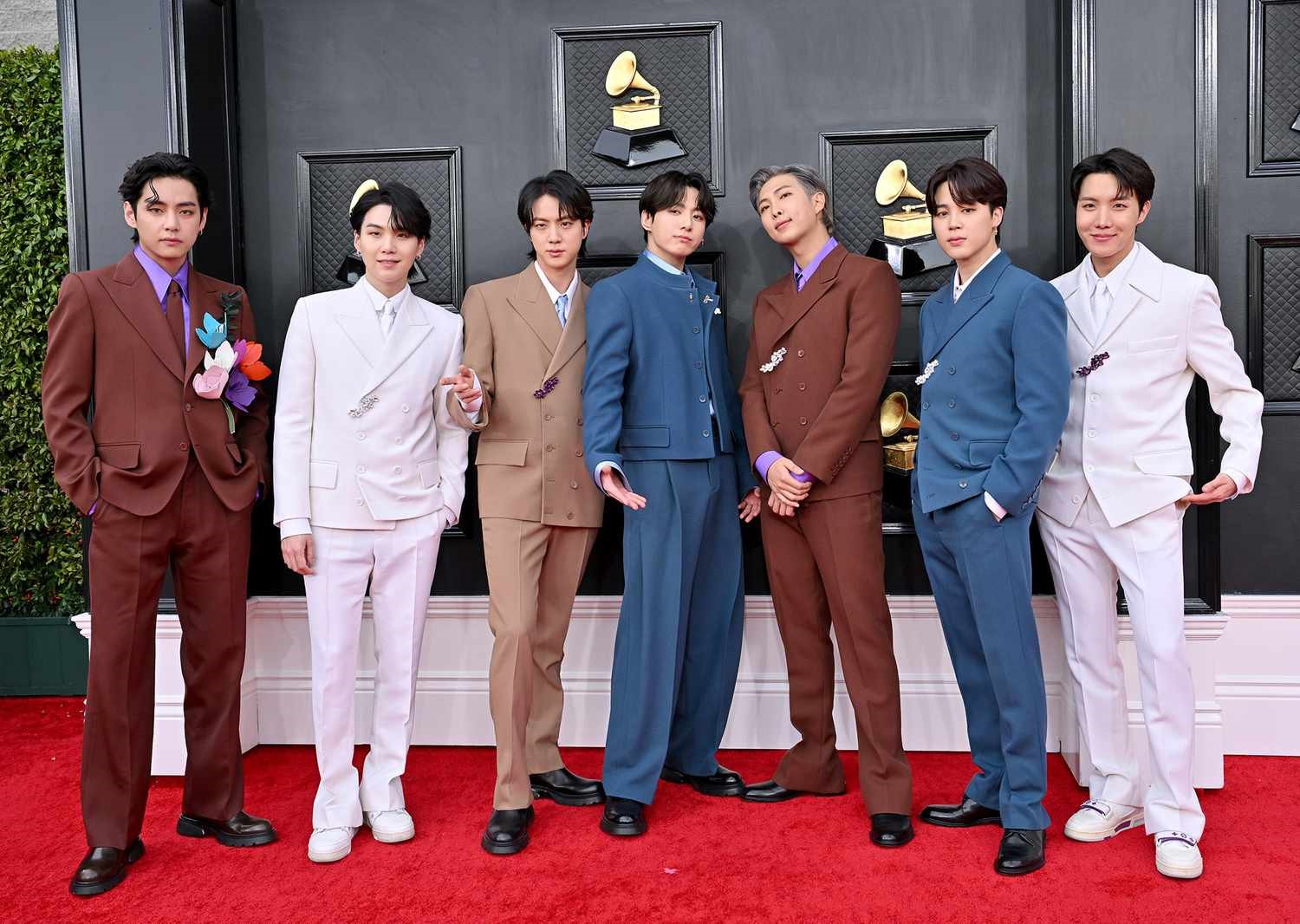
If you’re looking for Naval Ravikant book recommendations for reading, you’ll be pleased to discover that the venture capitalist and media personality is known for his wisdom and has suggested a plethora of titles that span various topics. From philosophical texts to practical guides on startup success, his recommendations cater to a wide audience interested in personal growth and deeper insights into the human experience. How does Naval Ravikant choose the books he recommends at various times? As a venture capitalist and technology venture consultant, Naval Ravikant recommends books that have profoundly impacted his thinking and business acumen over time. He looks for works that offer timeless knowledge and fundamental truths about the world. His book recommendations are often based on the depth of the content and the practical wisdom they provide, elements that have been mentioned in his speeches and writings, and he further recommends these books through various platforms.
-
Contents
- 1 “The Power of Habit” by Charles Duhigg
- 2 “The Sovereign Individual” by James Dale Davidson and Lord William Rees-Mogg
- 3 “Sapiens: A Brief History of Humankind” by Yuval Noah Harari
- 4 “Surely You’re Joking, Mr. Feynman!” by Richard P. Feynman
- 5 “Thinking, Fast and Slow” by Daniel Kahneman
- 6 “Reality Is Not What It Seems: The Journey to Quantum Gravity” by Carlo Rovelli
- 7 “The Great Book of Amber” by Roger Zelazny
- 8 “Foundation” by Isaac Asimov
- 9 “Superintelligence: Paths, Dangers, Strategies” by Nick Bostrom
- 10 “The Enlightenment Trilogy” by Jed McKenna
- 11 “The Evolution of Cooperation” by Robert Axelrod
- 12 “Snow Crash” by Neal Stephenson
- 13 “At Home in the Universe” by Stuart Kauffman
- 14 “Incerto” by Nassim Nicholas Taleb
- 15 “The Rational Optimist” by Matt Ridley
“The Power of Habit” by Charles Duhigg
Naval Ravikant highly regards “The Power of Habit” by Charles Duhigg. This book delves into the science behind habit formation and explores how understanding and changing habits can lead to transformative personal and professional growth. Naval’s endorsement of this book underscores his recognition of the profound impact habits have on shaping our lives.
-
“The Sovereign Individual” by James Dale Davidson and Lord William Rees-Mogg
Naval Ravikant recommends “The Sovereign Individual” by James Dale Davidson and Lord William Rees-Mogg, praising its insights into the convergence of technology and governance. The book offers a compelling vision of the future, highlighting the importance of individual sovereignty in navigating the complexities of the digital age.
-
“Sapiens: A Brief History of Humankind” by Yuval Noah Harari
Naval Ravikant holds “Sapiens: A Brief History of Humankind” by Yuval Noah Harari in high regard. This sweeping narrative traces the journey of Homo sapiens from their origins to the present day, offering profound insights into the evolution of humanity. Naval’s endorsement of “Sapiens” reflects his appreciation for works that offer deep insights into the human condition.
-
“Surely You’re Joking, Mr. Feynman!” by Richard P. Feynman
Naval Ravikant recommends “Surely You’re Joking, Mr. Feynman!” by Richard P. Feynman for its portrayal of the curious and brilliant mind of physicist Richard Feynman. The book’s anecdotes and insights inspire readers to embrace curiosity and approach life with a playful spirit.
-
“Thinking, Fast and Slow” by Daniel Kahneman
Naval Ravikant regards “Thinking, Fast and Slow” by Daniel Kahneman as a fine book, albeit one that could have been condensed into a shorter format. Kahneman’s exploration of human cognition and decision-making processes offers valuable insights for understanding one’s own mind and behaviors.
-
“Reality Is Not What It Seems: The Journey to Quantum Gravity” by Carlo Rovelli
Naval Ravikant describes “Reality Is Not What It Seems” by Carlo Rovelli as the best book he’s read in a particular year. This blend of physics, poetry, philosophy, and history offers accessible insights into complex scientific concepts, captivating readers with its depth and accessibility.
-
“The Great Book of Amber” by Roger Zelazny
Naval Ravikant regards “The Great Book of Amber” by Roger Zelazny as formative, having read and re-read it over the years. Zelazny’s epic fantasy saga immerses readers in a multiverse of intrigue, adventure, and existential exploration.
-
“Foundation” by Isaac Asimov
Naval Ravikant loved reading “Foundation” by Isaac Asimov as a kid. Asimov’s classic sci-fi series captivates readers with its vision of a future galactic empire and the mathematical principles underpinning its rise and fall.
-
“Superintelligence: Paths, Dangers, Strategies” by Nick Bostrom
Naval Ravikant recommends “Superintelligence” by Nick Bostrom with caution, urging readers not to believe everything uncritically. This exploration of the potential implications of artificial intelligence delves into the profound impact AI could have on humanity’s future.

-
“The Enlightenment Trilogy” by Jed McKenna
Naval Ravikant describes Jed McKenna as the spiritual equivalent of Rick and Morty. “The Enlightenment Trilogy” offers readers an unconventional exploration of spirituality and enlightenment, challenging conventional beliefs and inviting readers to question their perceptions of reality.
-
“The Evolution of Cooperation” by Robert Axelrod
Naval Ravikant recommends “The Evolution of Cooperation” by Robert Axelrod as a particular book on game theory. This seminal work explores how cooperation emerges and evolves in competitive environments, offering insights into human behavior and societal dynamics.
-
“Snow Crash” by Neal Stephenson
Naval Ravikant regards “Snow Crash” by Neal Stephenson as the best cyberpunk novel ever written. While slightly dated, the book remains prescient, offering a thrilling and thought-provoking exploration of technology, society, and the nature of reality.
-
“At Home in the Universe” by Stuart Kauffman
Naval Ravikant expresses a desire to re-read “At Home in the Universe” by Stuart Kauffman. This book, which he read a long time ago, offers insights into self-organization and complexity, inviting readers to contemplate the mysteries of life and existence.
-
“Incerto” by Nassim Nicholas Taleb
Naval Ravikant believes that good books are worth re-reading and great books are worth re-buying. “Incerto” by Nassim Nicholas Taleb, a collection of works including “Fooled by Randomness” and “The Black Swan,” offers valuable insights into uncertainty, risk, and decision-making.
-
“The Rational Optimist” by Matt Ridley
Naval Ravikant regards “The Rational Optimist” by Matt Ridley as the most brilliant and enlightening book he’s read in years. Ridley’s exploration of how prosperity evolves offers a refreshing perspective on human progress and the potential for a brighter future.
In conclusion, Naval Ravikant’s book recommendations offer a wealth of wisdom and insights into a diverse range of topics, from habit formation to the future of humanity. Through his endorsements, readers can discover profound works that have the potential to shape their perspectives and enrich their lives.
To explore more of these key insights and summaries, I encourage you to download the Wizdom app. With Wizdom, you can access curated summaries of influential books recommended by thought leaders like Naval Ravikant, allowing you to gain valuable knowledge in a fraction of the time. Don’t miss out on the opportunity to expand your horizons and deepen your understanding of the world around you. Download Wizdom today and embark on a journey of discovery and growth.

Kavya Sriram
Kavya Sriram is currently pursuing a triple major in Journalism Psychology and English. In her free time you can find her arguing the complexities of lana del rey’s albums or petting cats. Kavya loves to read and argue that “the book is better than the film”.
Recent Posts
- 25 Top Quotes from The 10X Rule to Supercharge Your Ambition
- 10 Books You Must Read to Succeed in Your Career
- 30 Little Tricks for Big Success in Relationships
- 25 Life-Changing Self-Help Books to Read This December: Boost Your Mood and Your Mind
- 25 Amazing Self-Care Tips for December: Wrap Yourself in Joy, Not Stress









